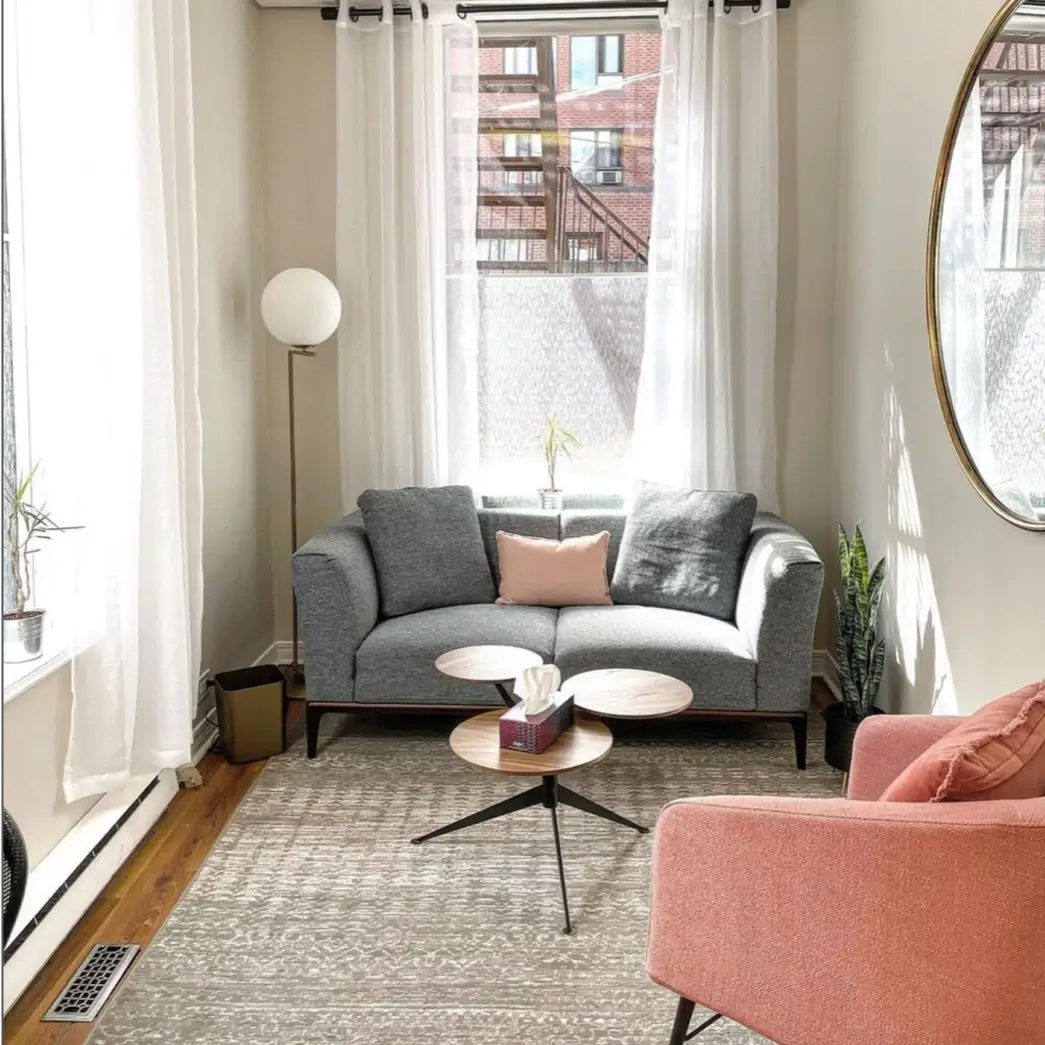If you’re at the beginning of your mental health journey, you probably have a lot of questions. Whether you’re in need of support for depression, anxiety, grief, or any other mental health condition, a common concern for those that are new to counselling and psychotherapy services is how to go around finding the right therapist.
But don’t worry! There are a few things you can do to zero in on the professional (or professionals) that will help you get where you want to go. In this blog, we’ll cover why good client-therapist matches are important, as well as detail how to find the right therapist for you.
Finding the Right Mental Health Professional: What to Look For
Finding the right therapist is about building a relationship with a professional that can best help you overcome the challenges you are facing and achieve the personal growth you are looking to make. To do so, you need to account for a couple main things:
- Field of expertise: Different therapists have different specializations and approaches. You need a professional that has in-depth knowledge of the mental illness or condition you are struggling with so that you can be sure you’re moving in the right direction.
- Personal comfort: In therapy, you’ll need to discuss personal, sometimes painful, topics, so finding someone you feel comfortable (or as comfortable as you will be) sharing with is highly important. If you trust your therapist and feel understood, you’re more likely to engage fully in the therapeutic process, and therefore get more out of each therapy session.
How to Find a Good Therapist: 6 Tips
Now that we’ve discussed the two main things you’re looking for in a therapist, it’s time to learn how to find the therapist you need. Here are seven useful tips:
Tip 1: Define Your Needs and Goals
Identify specific mental health issues such as anxiety, depression, self-esteem, eating disorders, etc. you want to address. Understanding your own needs is the first step in finding someone who can effectively support you.
Tip 2: Research Different Types of Mental Health Professionals
A clinical psychologist, licensed therapist, psychotherapist and other mental health professionals each have varying qualifications. Get a general idea of how these are different and which you may need to consult.
Tip 3: Choose Your Preferred Therapy Modality
Decide if you prefer in-person therapy sessions or if online therapy would better suit your lifestyle and needs. It’s easier to establish that interpersonal trust when you’re in the same room as your therapists, but being in a familiar environment (like your home) can maybe provide you with the level of comfort you need to open up.
Tip 4: Learn About Therapy Techniques
From a therapeutic perspective, there are many different approaches a therapist might use to help you address your issues. These might include cognitive behavioural therapy (CBT), dialectical behavior therapy (DBT), psychodynamic therapy, and emotion-focused therapy, to name a few. Make sure your therapist’s approach matches your needs.
Tip 5: Check Accessibility and Availability
Consider a therapist’s availability and whether their schedule aligns with yours. Accessibility also includes location; is the therapist’s office easy for you to get to, or do they offer teletherapy options that fit your lifestyle? Ensuring that sessions are convenient to attend increases the likelihood that you’ll stick with the therapy process.
Tip 6: Evaluate Compatibility
Communication is key in any therapeutic relationship. During initial consultations, assess whether the therapist’s communication style makes you feel heard and understood. Do they explain concepts clearly? Are they attentive and responsive to your questions and concerns? Find a therapist you are compatible with. If you don’t jive with the first therapist you meet, don’t be afraid to make a change.
Ottawa Therapy Group: Mental Health Services That Make A Difference
Finding the right therapist is key to making meaningful progress in managing your mental health. At Ottawa Therapy Group, we are dedicated to creating successful matches between our clients and our therapists.
Whether you’re interested in individual therapy, family therapy, or couple’s therapy, we consider your needs and preferences to make sure that the mental health treatment you receive helps you achieve your goals. Contact us today!


